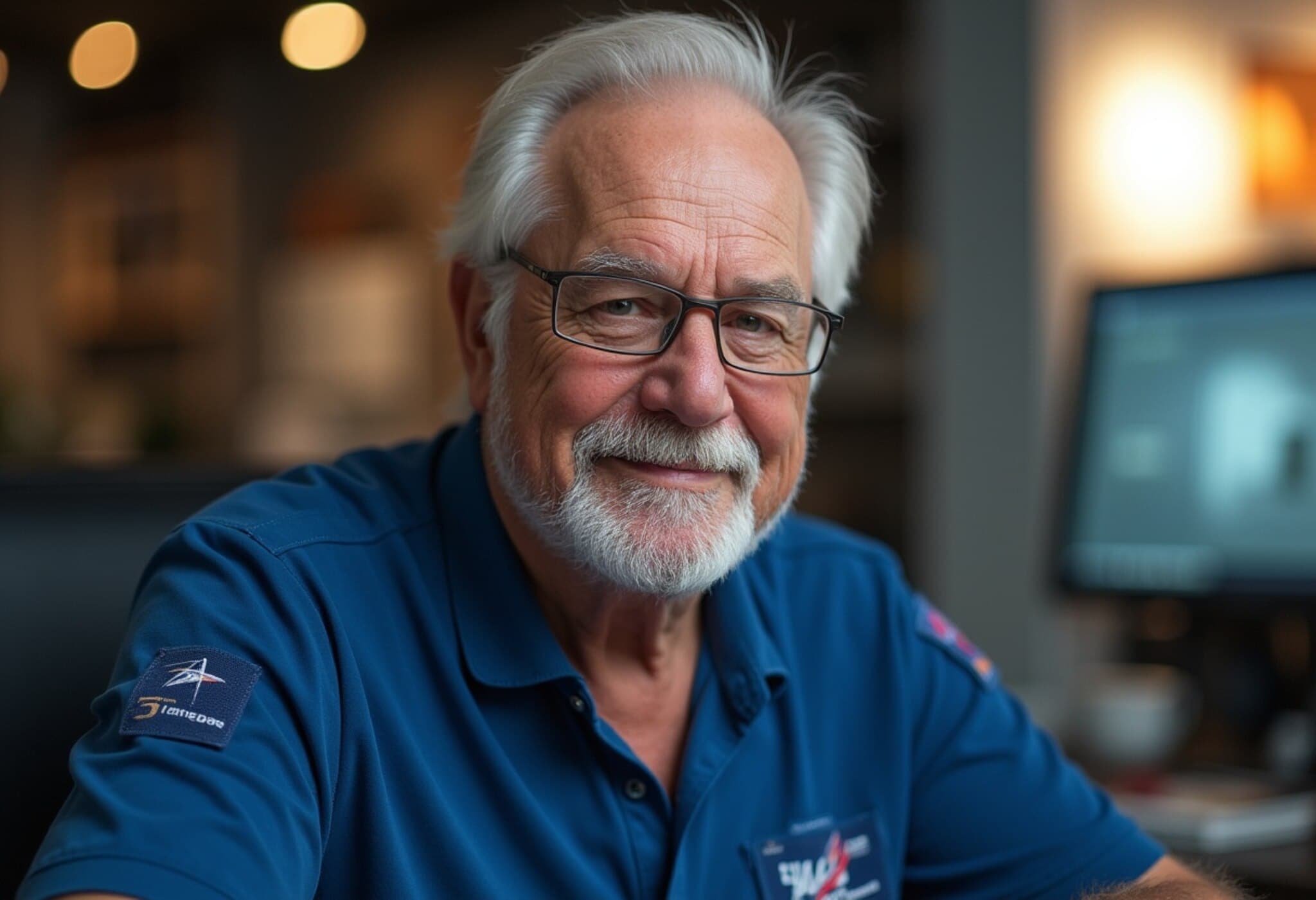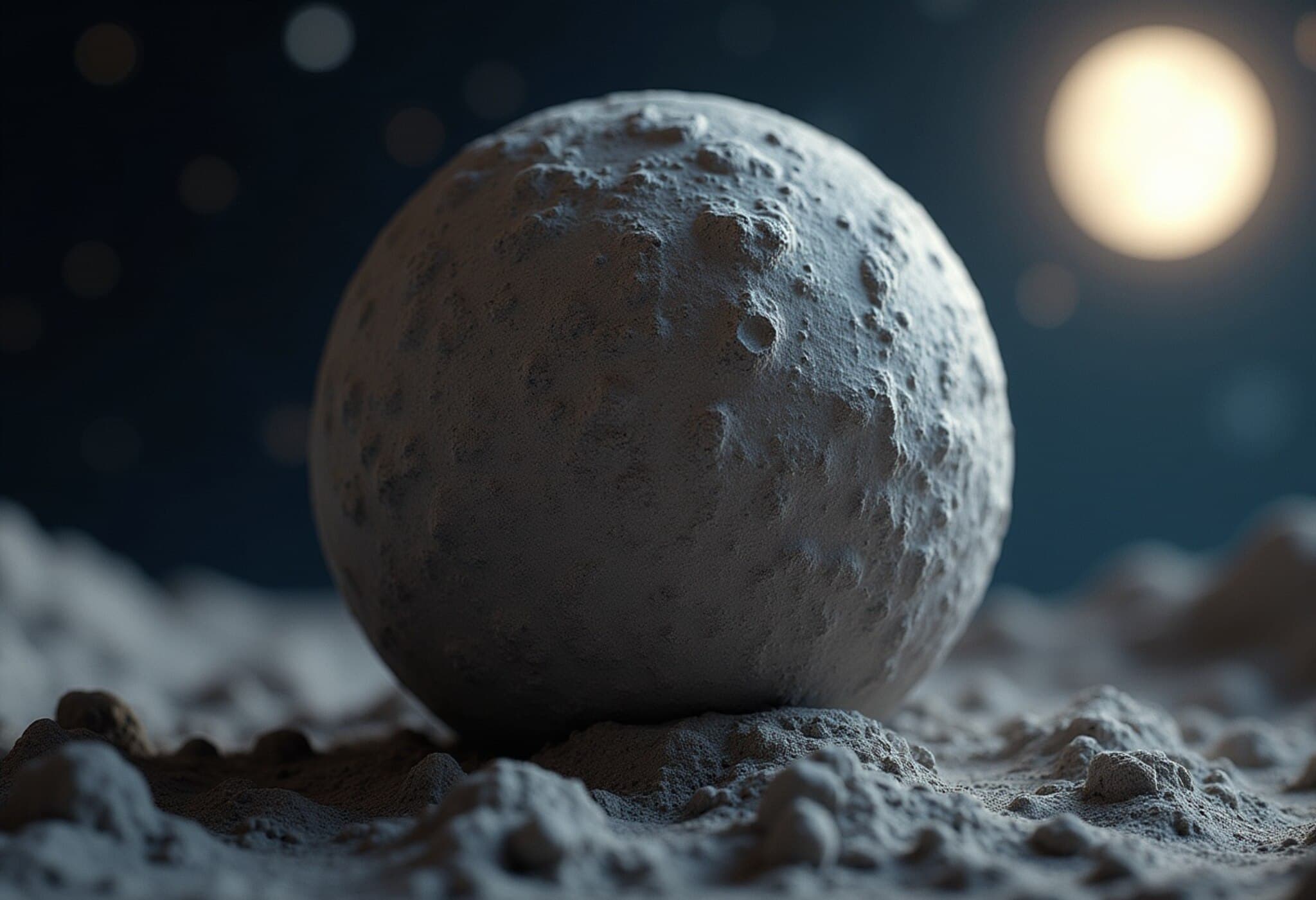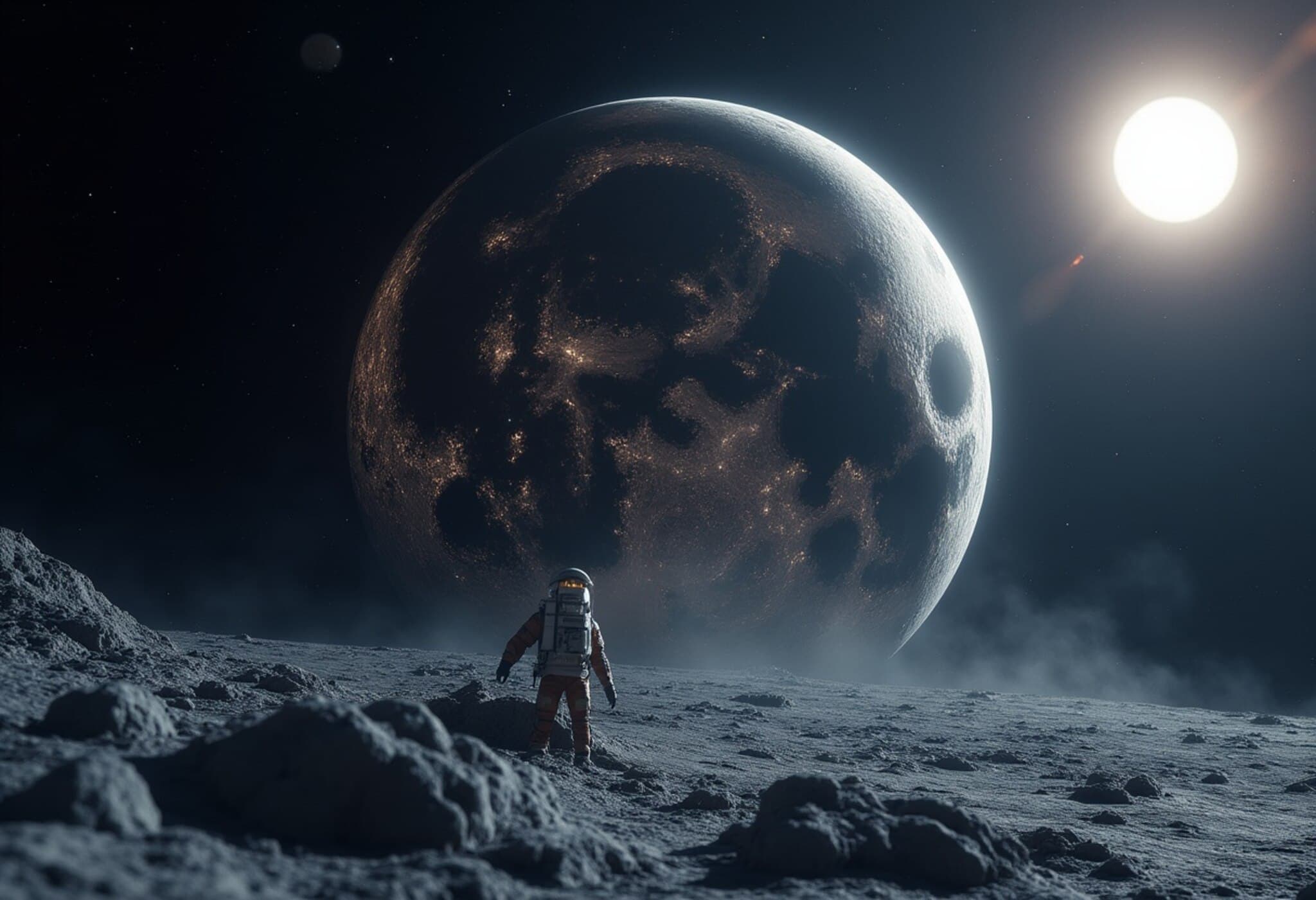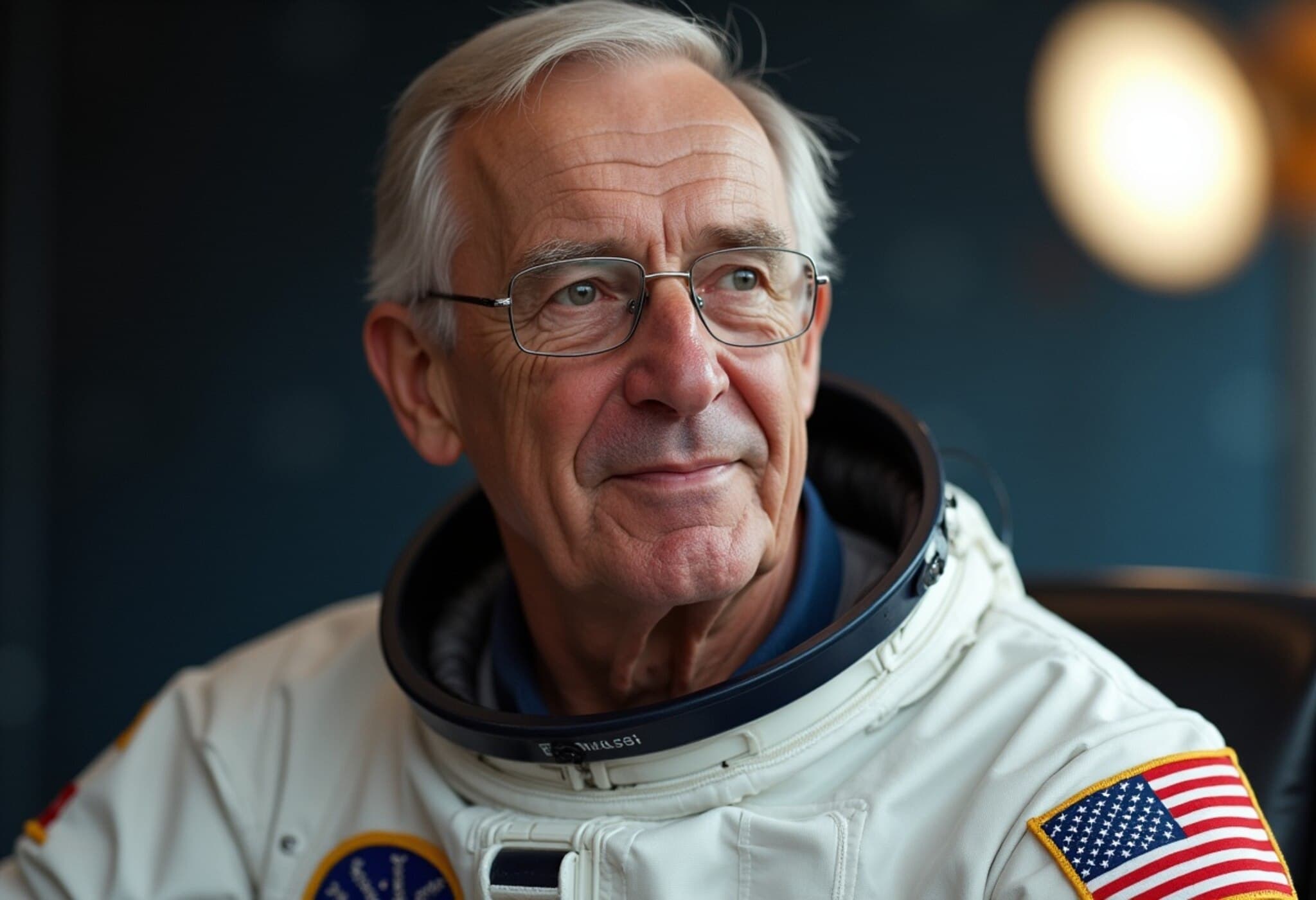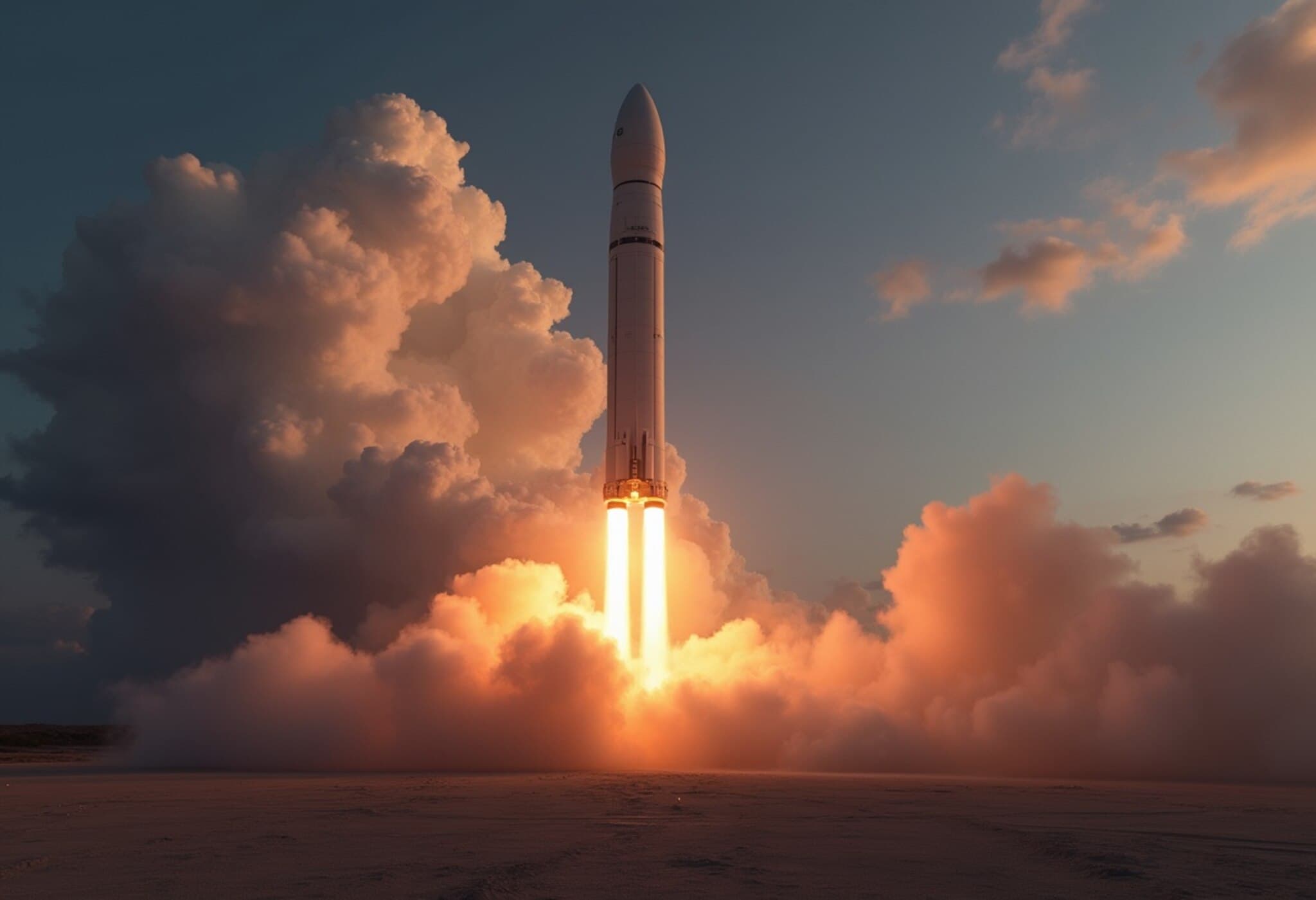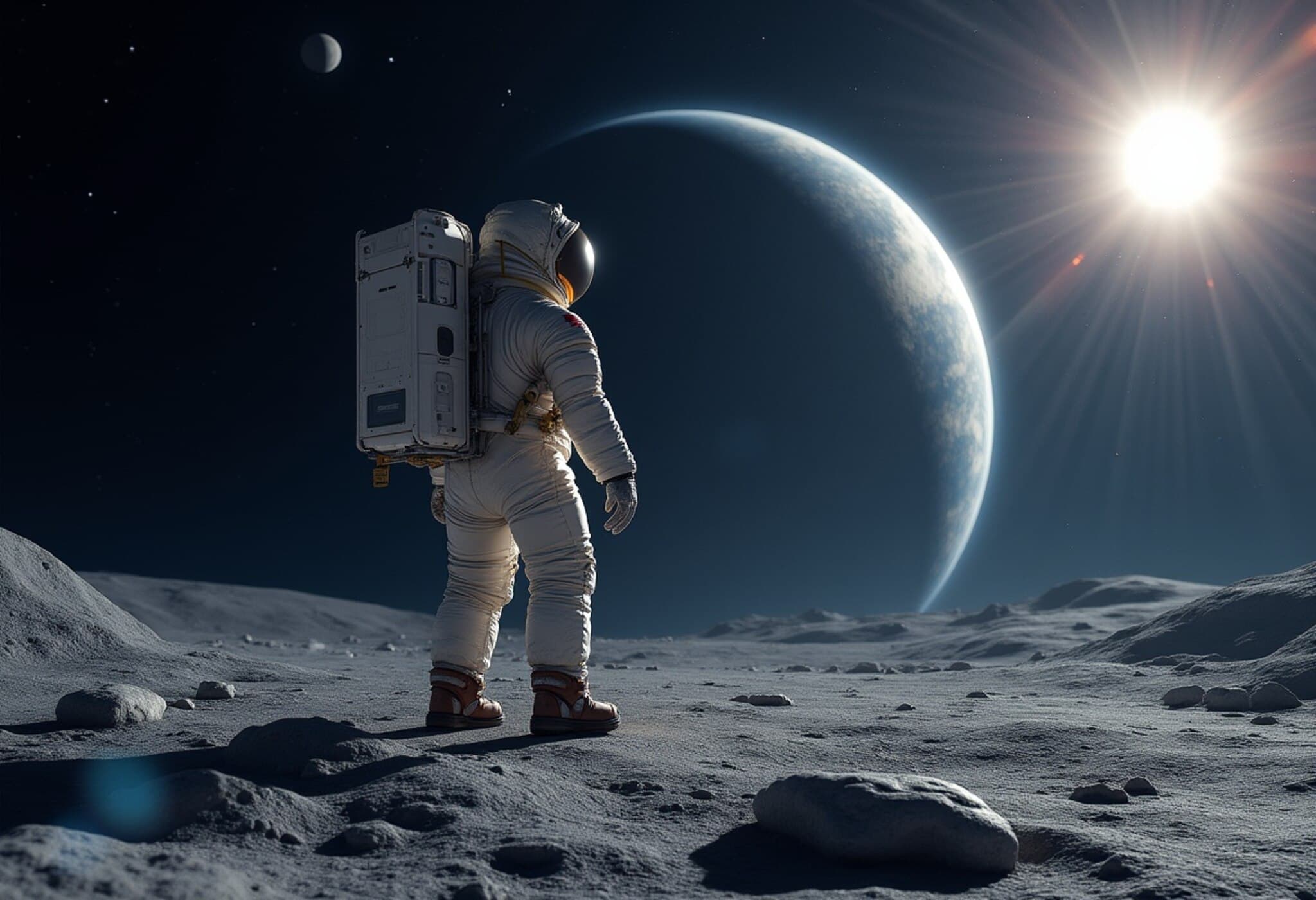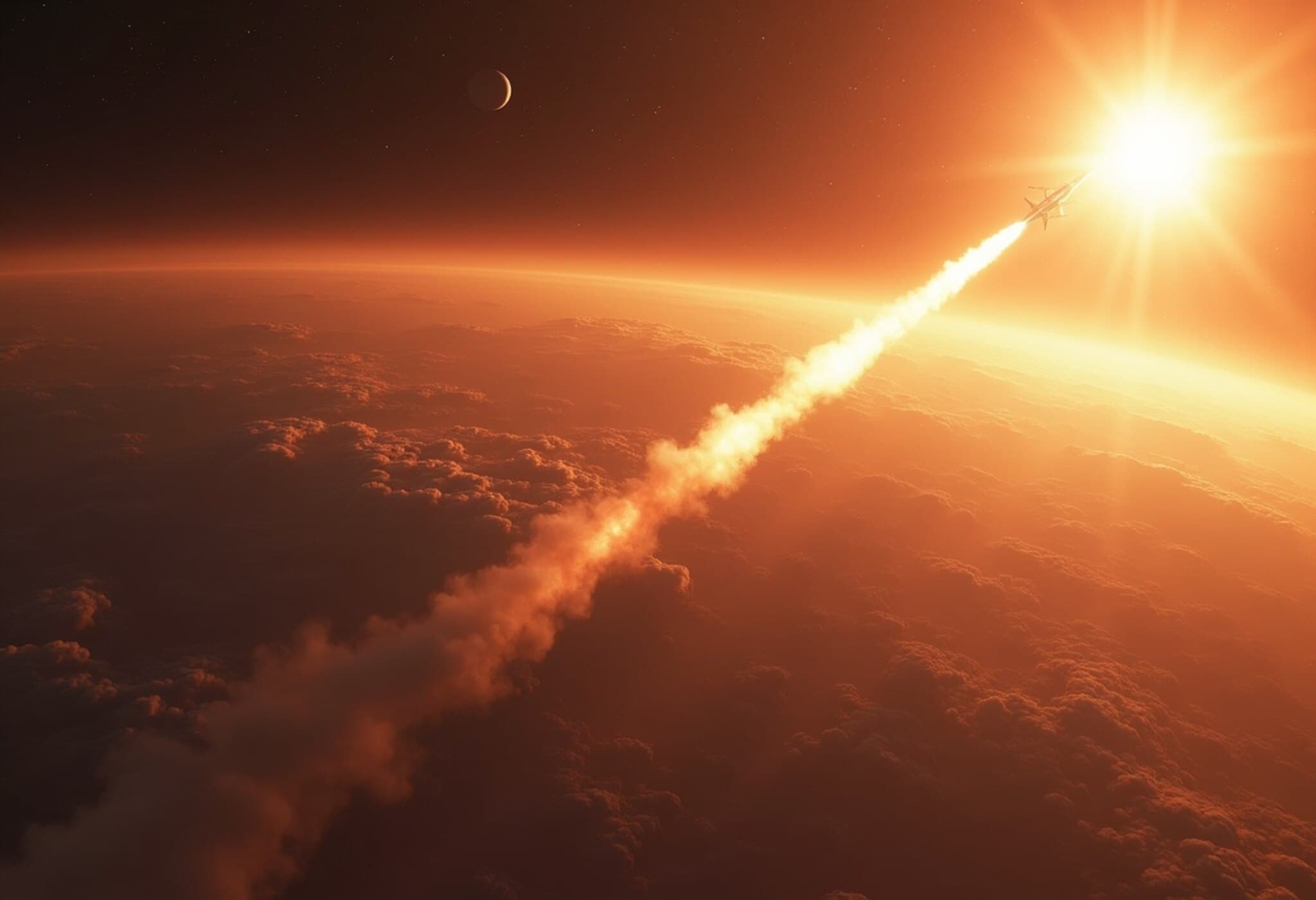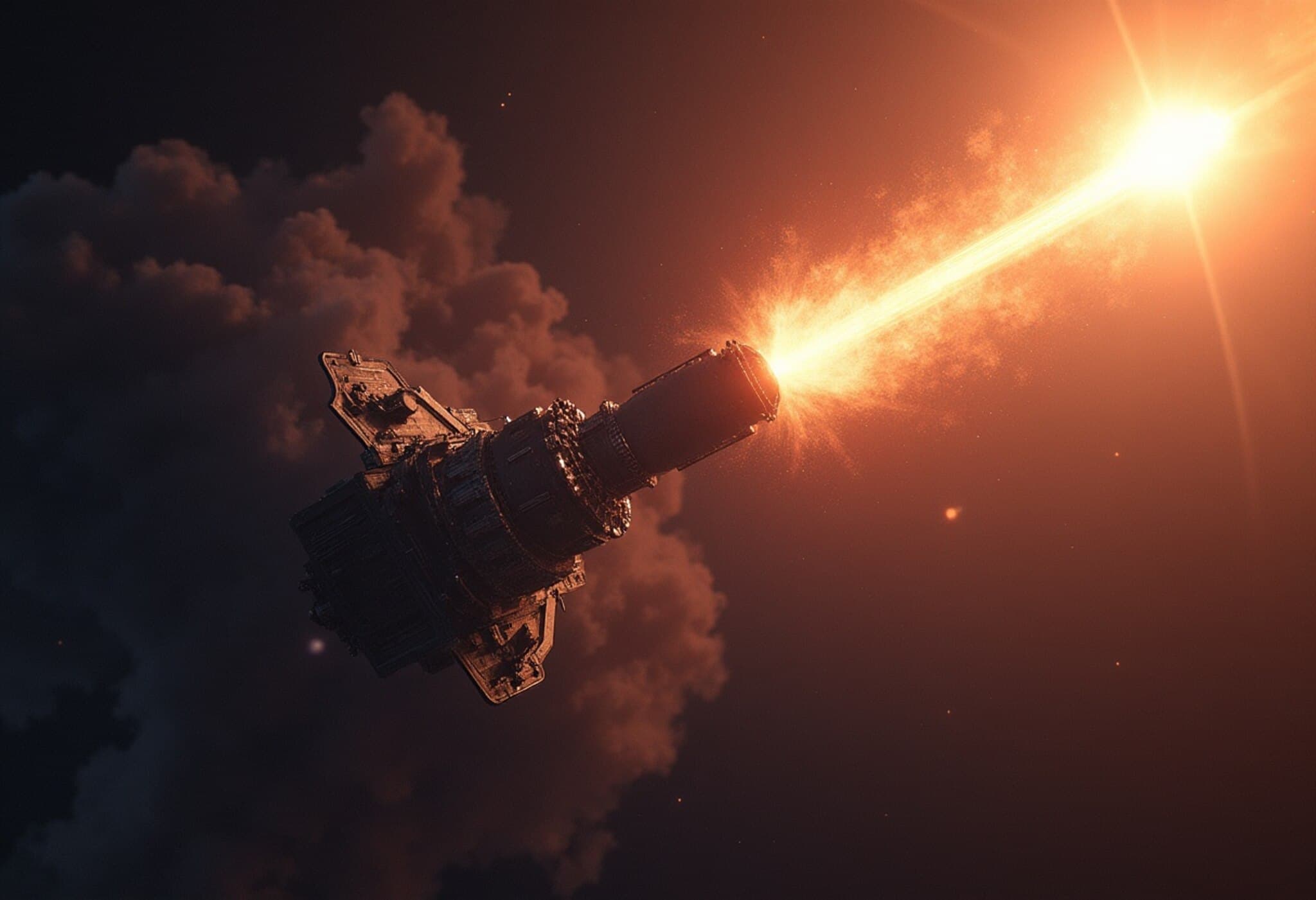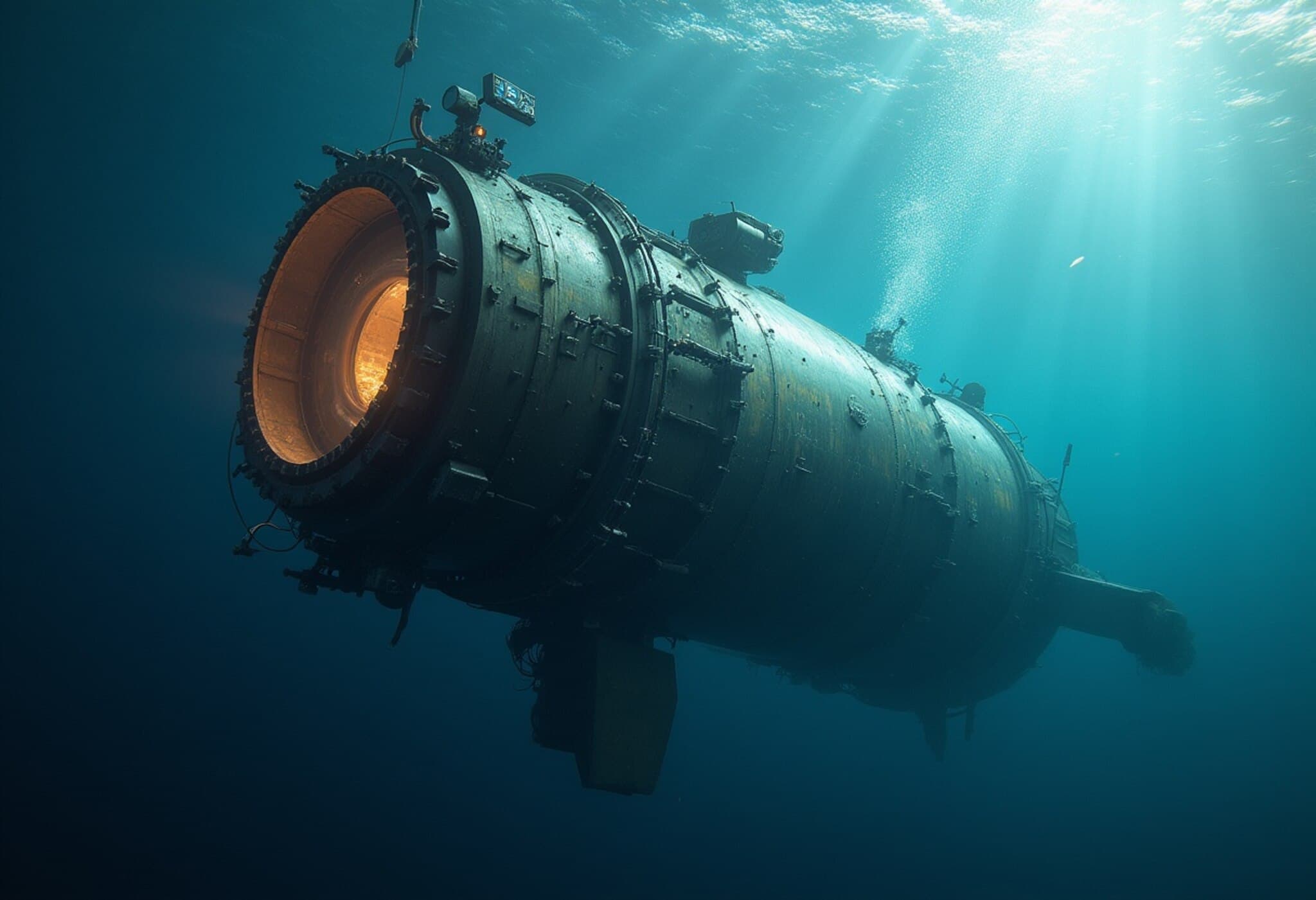NASA Astronaut Butch Wilmore Announces Retirement After Remarkable 25-Year Career
After a distinguished career spanning a quarter-century, NASA astronaut Barry “Butch” Wilmore has officially announced his retirement. At 62, Wilmore closes a chapter marked by significant contributions to America’s space exploration efforts, including a groundbreaking mission that saw him spend over nine months aboard the International Space Station (ISS).
A Career Defined by Courage and Resilience
Wilmore’s journey began as a U.S. Navy test pilot before his selection as a NASA astronaut. Over the years, he logged an impressive 464 days in space, commanding four different spacecraft under diverse and challenging conditions. His extensive experience underscored his nimbleness in adapting to high-pressure environments — a true testament to human endurance and technical expertise.
The Boeing Starliner Mission: A Test Flight Like No Other
In June 2024, Wilmore, alongside astronaut Sunita Williams, embarked on a historic flight aboard Boeing’s Starliner spacecraft. Originally planned as a brief 8-day demonstration mission, it turned into an unprecedented long-duration stay after the spacecraft encountered serious technical hurdles such as thruster failures and gas leaks. These issues raised critical safety concerns, compelling NASA and Boeing to reassess the Starliner's readiness for crewed travel.
- The duo remained aboard the ISS for over nine months, significantly longer than anticipated.
- The extended duration provided invaluable data to engineers and scientists on spacecraft integrity under prolonged use.
- Ultimately, the NASA leadership deemed the Starliner unsafe for the astronauts’ return trip, resulting in their return via SpaceX’s Crew-9 mission instead.
Wilmore and Williams maintained grace and professionalism throughout, embracing the uncertainty inherent in testing new space technologies. Their resilience highlights the inherent risks of pioneering space exploration in the 21st century.
A Personal Reflection on a Journey Beyond Earth
In his farewell statement, Wilmore shared a deeply personal sentiment: "From my earliest days, I have been captivated by the marvels of creation, looking upward with insatiable curiosity. This curiosity propelled me into the skies and eventually to space, where the magnificence of the cosmos mirrored the glory of its creator in ways words can scarcely convey." This poetic reflection offers a rare glimpse into the emotional and spiritual dimensions that motivate astronauts beyond scientific missions.
Legacy and Impact Within NASA and Beyond
Steve Koerner, acting head of NASA’s Johnson Space Center, praised Wilmore’s exemplary commitment: "Butch’s dedication to NASA’s mission and human space exploration sets a standard for future generations. His career mirrors the very spirit of innovation and exploration that NASA embodies." Wilmore’s mentorship and pioneering flights have paved the way for safer, more reliable spacecraft and inspired countless future astronauts.
Broader Implications for American Space Policy and Commercial Spaceflight
The Starliner mission’s challenges brought into sharper focus the growing pains of integrating commercial spacecraft into NASA’s long-term plans. It underscores the importance of rigorous testing, transparent reporting, and contingency planning—a reminder that while private partnerships accelerate innovation, human safety remains paramount.
Wilmore’s career arc intersects critically with the United States’ renewed ambition for lunar exploration and future Mars missions. His experiences with the Starliner and extended ISS stay provide valuable lessons as NASA and its partners navigate the complexities of longer-duration and deeper space missions.
What Lies Ahead?
With Wilmore’s retirement, NASA faces the challenge of retaining such experienced talent while continuing to cultivate the next cadre of explorers. It raises important questions about how space agencies globally can balance the rapid advancement of technology with ensuring astronaut health, safety, and psychological well-being on increasingly ambitious missions.
Editor’s Note
Butch Wilmore’s retirement marks a milestone not only in an individual’s extraordinary journey but also in the evolving story of human spaceflight. His decades of service and resilience under pressure spotlight the extraordinary demands on astronauts — and the profound human spirit required to push the boundaries of the unknown. As we celebrate his contributions, we must continually ask: how can we better prepare, protect, and empower those who dare to journey beyond Earth?

